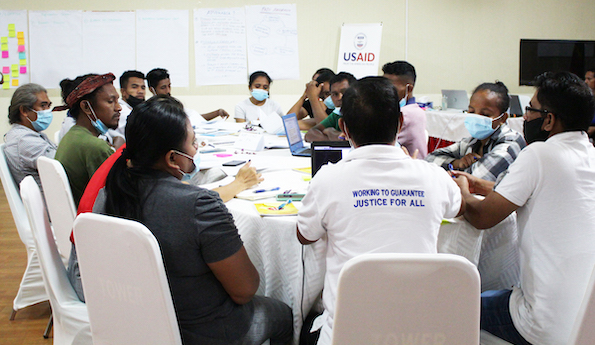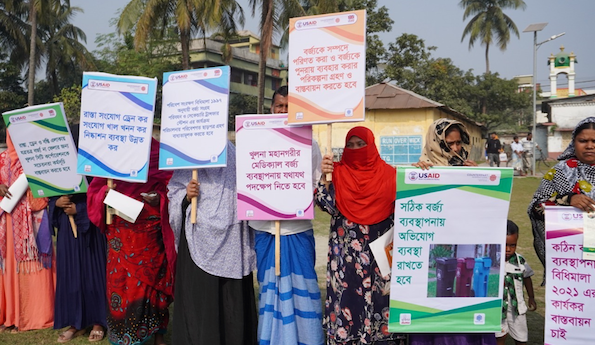Iraq Civil Society Activity
Political Instability, Volatile Security Stifles Civil Society in Iraq
Civil society in Iraq faces numerous challenges, including persistent security concerns, political instability, restrictive legal frameworks, and limited funding and resources. The volatile security situation and frequent government changes create an unpredictable environment for civil society organizations. Moreover, traditional social norms, capacity constraints, and media limitations further hinder their efforts. Building public trust remains difficult amid economic hardships and regional disparities.
Community-Oriented Solutions That Foster Civic Engagement
Iraq’s civil society activity aims to address significant challenges by supporting nascent groups and organizations, particularly in remote areas, to foster civic engagement. The Iraq Civil Society Activity, or Tafa’aol (تفاعل), employs inclusive approaches, integrating women and various social groups into its initiatives. It focuses on community-oriented solutions and engaging the general public in civic activities. In addition to building a bridge and a stronger trust between the civil society organizations and the communities they serve. By tailoring activities to community priorities, the program ensures that the efforts are relevant and impactful, promoting stronger civic involvement and support across Iraq’s 18 provinces, including the Kurdistan region. Some activities include, engaging youth in finding solutions for their priorities through forums, community multi-stakeholder dialogues, town hall discussions, civil society networks and other types of locally-led initiatives.
The project aims to:
- Increase citizen engagement and agency
- Increase civil society organizations’ sustainability and resilience
- Strengthen a public sphere that fosters the active and inclusive participation of civil society organizations in public discourse
- Bolster the inclusion of women, youth, and other historically marginalized groups in the public sphere
- Improve public trust in the civil society sector







